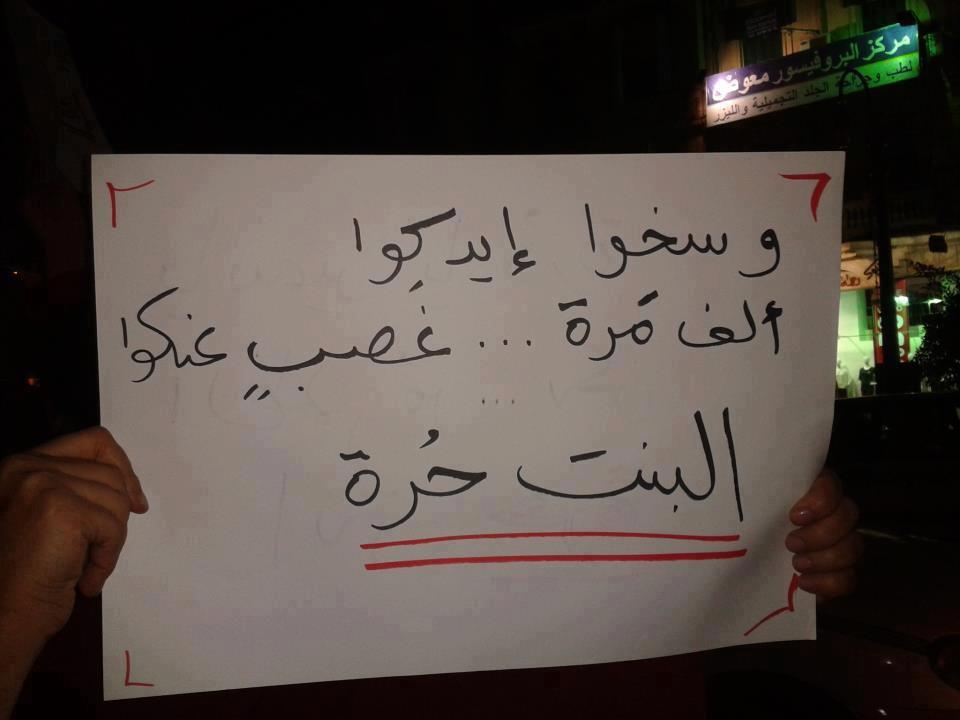The American University in Cairo (AUC) held, last week, the “MySafeUni Day” event, which included discussions and activities focused on ensuring university campuses are safe spaces and free of sexual harassment.
The “MySafeUni Day” was led by students, alumni, and the wider AUC community, and featured speakers from several universities, and was held as part of the “AUC SpeakUp” initiative.
The event also included outdoor activities and booths by AUC students and several NGOs, including E7na Foundation, The Community Hub, Safe Kids, and Heya Masr.
At the panel titled “Universities Unite: Combating Harassment on Campus”, AUC President Francis Ricciardone stressed that “the problem of sexual harassment is not a women’s issue, it is not an AUC issue, and it is not an Egyptian issue, it is a human one around the world.”
Ricciardone highlighted the AUC’s zero-tolerance policy for sexual harassment and the role of the university’s mandatory training in raising awareness of sexual harassment on campus.
He also pointed out the importance of the AUC’s collaboration and engagement with Egyptian universities to discuss the latest measures to fight sexual harassment on campuses.
Featuring professionals from anti-harassment offices at local and international universities and students, the “Universities Unite” panel was moderated by Sunanda Holmes, general counsel and chief compliance officer at the AUC, and Youssef Hashem, AUC student and President of The AUC Debate Society.
Ain Shams University’s Hend Al-Hilaly, Director of the Anti-violence and Harassment Unit, discussed the role of her university’s unit, which was launched six years ago to enact policy and protect all women on campus.
Osama Madany, Dean of the Faculty of Arts at Menoufia University, also discussed the need for empowering students and how complicated sexual harassment is in rural areas.
Reem El-Mograby, Director of the Office of Institutional Equity and Title IX coordinator at AUC, discussed the University’s role in combating sexual harassment.
She also discussed the recently launched online reporting platform, the ethics helpline, which encourages community members to report any real or potential violation of University policy.
At a discussion, titled “Wait, Is That Harassment?”, several students identified what harassment means to them and ways to address the issue.
Youssef Hashem, President of the student-led organisation, the AUC’s Debate Society and an economics junior with a minor in entrepreneurship, said, “It’s important always to have students involved in any discussion because students are the main stakeholders of any university.”
“We have a problem in the discussion itself because we always attack, we don’t solve, which is the most important thing, and this isn’t a mentality we are raised for when it comes to this specific topic,” Hashem said, “So this is something we need to work on more.”
He noted that there may not always be a definite solution available, since this is not a topic that can be solved in one day, but that it is something that needs to always be tackled and discussed.
The “MySafeUni Day” event also included “Msh Zanbek” (Not Your Fault), a live theatre performance by AUC’s Department of Arts, exploring sexual harassment.
Nadia Ezzeldin, a Theatre and Integrated Marketing Communication student at the AUC, said that the idea behind the play is to showcase people’s feelings about harassment.
She added that it is “to let people know that they’re not alone in this, as theatre isn’t about telling you what or what not to do, but raises the issues that not many people talk about and stir conversations”.
Ezzeldin added, “We need to stop normalizing abnormal things. Each individual is powerful in a different way, in different sectors and jobs, and they can do things from their side. Sexual harassment shouldn’t be a taboo topic anymore.”
At the “Wait, Is That Harassment?” discussion, when asked if sexual harassment is a human rights issue, Ezzeldin asked audience members to raise their hands if they were previously harassed, know someone who has been harassed or know someone who was hurt due to harassment. Everyone in the audience raised their hands, and she explained that this shows how it is a human rights issue.
AUC alumni shared their personal experiences and insights on sexual harassment in the Alumni SpeakUp Talks. The adventurer, entrepreneur, and motivational speaker Omar Samra, and a 2000 graduate of the AUC, said there are many ways to get involved, and one of them is just listening.
“Listening and using your voice in your community is the start, and I use my platform to discuss topics I care about,” he said, “It got to a point where I just couldn’t remain silent, I thought something had to be said, I didn’t think enough people were talking about it, I certainly didn’t think enough men were talking about it.”
AUC alumni and international mezzo-soprano Gala El Hadidi opened up about her experience with harassment and how she chose to react positively.
She said, “Anything that happens without your consent is called harassment, but it is up to you to make the choice to not be a victim.”
She encouraged women to continue to speak up, saying, “I’m asking you to think and reconsider, take control of your emotions, walk straight into that main door and take control of your lives.”
El Hadidi added, “Would you really want to live as a victim all your life? It takes time, and it took me 10 years to get that thought.”
The actor Tarek El Ebiary, a 2012 alumni of the AUC, shared his insights on harassment and how his graduation film project, Pantalon Julliet, tackled the issue.
Meanwhile, 2013 graduate Ahmed Alaa Fayed, Assistant Professor of Management and Public Policy at Nile University, discussed how men need to use their privilege to empower women.
As part of this, men should ensure that women have equal rights, enact equality, and protect them through reporting mechanisms.
Over the following months, the AUC SpeakUp Dialog Series will address other issues related to sexual harassment. These include “Safe, inclusive and diverse workspaces”, and “Legal framework and violence against women”.




